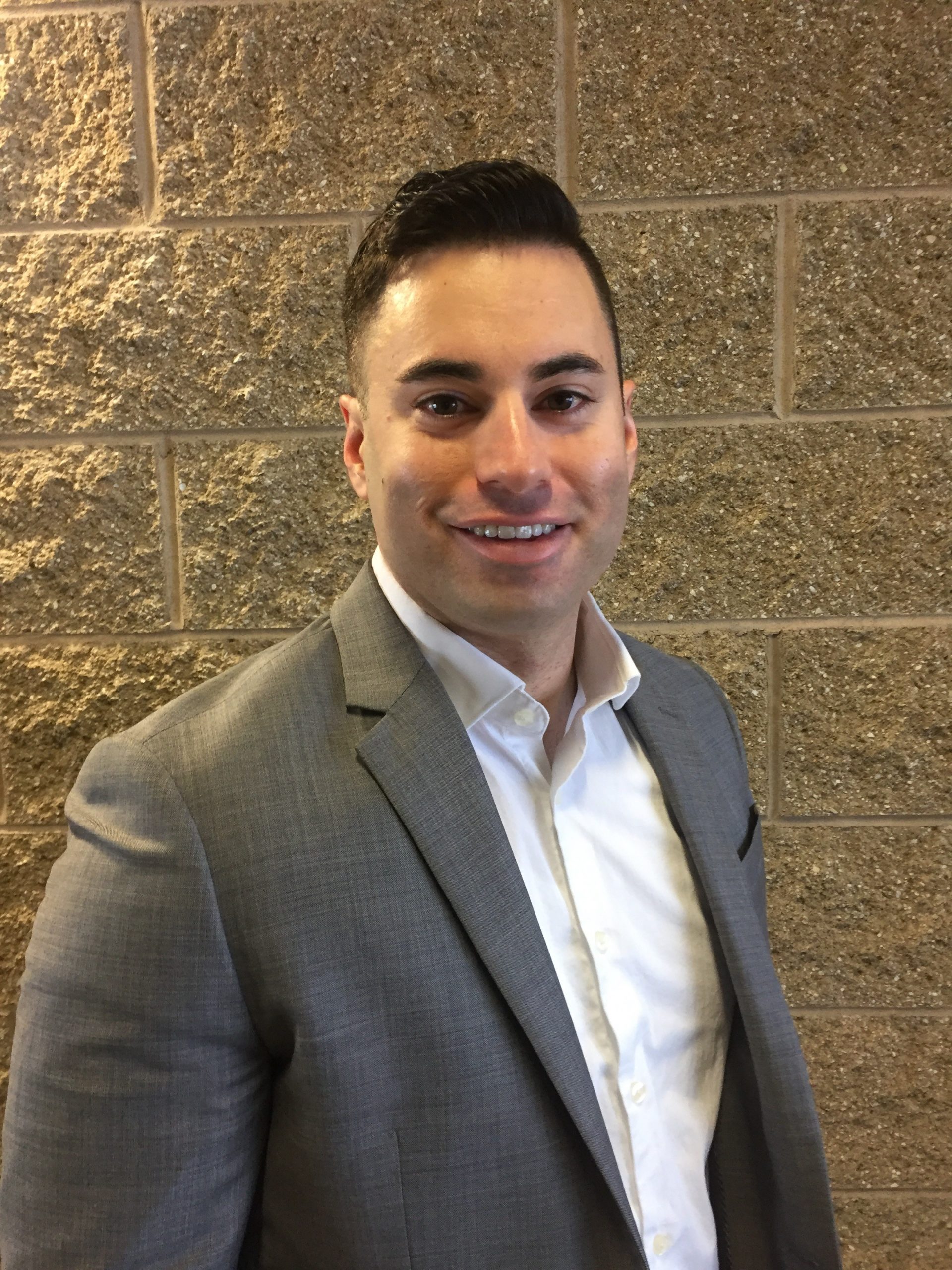Drug addiction, also known as substance use disorder (SUD), is a chronic and relapsing condition that is incredibly dangerous as it affects both the brain and body. A person struggling with addiction feels the compulsive need to take the substance even when they are already suffering from its effects.
Addiction can lead to harmful behaviors, serious health problems, and even death. Many drugs can even cause physical dependence, making it difficult to quit without painful withdrawal symptoms. In some cases, drug abuse can even lead to a fatal overdose.
Beyond its health effects, addiction can ruin relationships, lead to financial troubles, and cause legal issues. Since addiction alters brain chemistry, it impairs judgment and self-control, making recovery challenging without proper treatment.
For those who offer addiction treatment services, marketing is essential in order to reach the people who need their help. However, marketing for this type of business isn’t like marketing for those in other industries.
If you are running a rehab facility, you’re not just selling a product; you’re providing hope, healing, and a path to recovery. The challenge lies in reaching those who need help the most while maintaining ethical standards, building trust, and complying with regulations.
Here we will explore the world of addiction treatment marketing. We will cover strategies, challenges, and best practices. Whether you’re running a rehab center, outpatient program, or sober living home, this article will help you develop a marketing plan that drives engagement and ultimately saves more lives.
Why Addiction Treatment Marketing Matters
The demand for addiction treatment services is rising. According to the National Survey on Drug Use and Health (NSDUH), millions of Americans struggle with substance use disorders each year. However, many of them never seek treatment because of stigma, lack of information, or simply not knowing where to turn.
This is where effective marketing comes in. Done correctly, addiction treatment marketing services can:
Raise Awareness
Many people struggling with addiction are simply unaware of the treatment options available to them. Effective marketing helps bridge this gap by educating the public about different types of treatment programs, along with the benefits of seeking help. Marketing efforts can even inspire people to go to rehab by sharing the success stories of those who have recovered.
By using strategic digital campaigns, social media outreach, and informative content, treatment centers can ensure that more individuals and families recognize that recovery is possible and accessible.
Build Trust
Choosing an addiction treatment center is a deeply personal decision. This is why trust plays such a crucial role in that process.
Transparent marketing should establish credibility by highlighting patient testimonials, staff credentials, and evidence-based treatment methods. Providing clear, honest, and compassionate messaging reassures potential clients and their families that they are making the right choice in seeking help from a reputable facility.
Connect with the Right Audience
People experience addiction differently. That is why there is no one-size-fits-all solution when it comes to addiction recovery. Some may need inpatient treatment, while others need partial hospitalization, specialized therapy, etc.
At the same time, not all addiction treatment programs are the same, therefore, finding the right fit is essential for successful recovery. Targeted marketing ensures that the right audience receives the right information about programs that are relevant to their needs.
Drive Admissions
At the end of the day, the goal of addiction treatment marketing is to guide individuals toward taking action. By providing clear calls to action, easy ways to get in touch, and seamless admissions processes, marketing strategies can help convert interest into actual treatment admissions.
When done ethically and thoughtfully, marketing not only benefits treatment centers but, more importantly, helps more people access the life-changing care they need.
Challenges in Addiction Treatment Marketing
Due to the sensitive nature of addiction recovery, treatment centers must navigate certain challenges when marketing their services. This includes strict advertising regulations, societal stigma, and ethical concerns. They need to work their way around these challenges while also competing in a highly saturated market.
Here are some of the key challenges addiction treatment facilities face when marketing their services:
1. Strict Advertising Regulations
Advertising addiction treatment services is heavily regulated to prevent misleading claims and protect vulnerable individuals seeking help. Many states have laws governing what treatment centers can and cannot claim in their marketing materials.
Specific platforms like Google and Facebook also have their own stringent policies requiring certification through organizations like LegitScript before running ads.
These restrictions are there to ensure compliance with legal and ethical standards before a rehab center can reach their target audience.
2. Stigma Around Addiction
Despite growing awareness about addiction as a medical condition, stigma remains a significant barrier in marketing treatment services. Many people struggling with substance use disorder fear judgment from their families, employers, or communities. This fear can prevent them from reaching out for help.
At the same time, stigma exists because many people still view addiction as a moral failing rather than a legitimate medical condition that requires proper treatment. This serves as an obstacle for those who need treatment services, and it also perpetuates the destructive cycle of substance abuse.
Treatment centers must craft messaging that is compassionate, non-judgmental, and focused on hope and recovery rather than shame or guilt. It must educate people about the true nature of addiction. By addressing their fears about the recovery process, rehab centers can encourage more people to get started on the road to recovery.
3. High Competition
The addiction treatment industry is highly competitive, with many facilities vying for the attention of a limited pool of potential patients. Large national brands often dominate search engine rankings and digital ad space, making it harder for smaller or independent treatment centers to stand out.
To succeed, treatment centers need to focus on differentiating themselves through unique services, personalized care approaches, and a solid brand identity.
4. Ethical Considerations
Marketing addiction treatment services comes with ethical responsibilities that go beyond standard business practices. Exploiting fear, making exaggerated claims about success rates, or using aggressive sales tactics can be harmful and misleading.
Ethical marketing should prioritize transparency, honesty, and the well-being of prospective patients. Ensuring that marketing messages align with the actual quality of care provided is crucial in building trust and credibility within the industry.
5. Cost of Lead Generation
Generating qualified leads in the addiction treatment space can be costly, with pay-per-click (PPC) advertising, content marketing, and referral programs requiring significant investment.
Due to high competition, cost-per-click (CPC) rates for addiction-related keywords can be expensive, driving up acquisition costs. Many leads also require nurturing before they are ready to commit to treatment. This adds to the facility’s overall marketing expenses.
Balancing lead generation costs with ethical advertising practices and sustainable business operations is a major challenge for treatment centers.
Key Strategies for Addiction Treatment Marketing
In this age of technology, a strong digital presence can go a long way when it comes to connecting potential patients with the right treatment centers and programs. Digital marketing helps establish your brand while providing valuable information and building trust.
A specialized marketing company can provide the following services for addiction treatment centers:
Search Engine Optimization (SEO)
SEO is crucial for ensuring that an addiction treatment center appears at the top of search engine results when people go online looking for solutions. Search engine optimization is all about optimizing website content with relevant keywords, improving site speed, and securing backlinks from reputable sources. Using this strategy will allow treatment centers to increase organic traffic, driving more leads to their website.
If you appear as one of the first few results on Google, for example, people are more likely to view you as a credible treatment provider.
Local SEO strategies, such as optimizing Google Business Profile listings and acquiring positive reviews, also play an important role in reaching those searching for help in specific locations. Just remember that SEO tends to be a more long-term strategy as it takes some time to start generating results.
Pay-Per-Click (PPC) Advertising
If you want to support your organic marketing strategies with something that produces results faster, you need to invest in PPC advertising.
PPC advertising allows treatment centers to target individuals actively searching for addiction recovery services through platforms like Google Ads and Bing Ads. By bidding on high-intent keywords, centers can appear at the top of search results and drive immediate traffic to their websites.
Given the strict advertising regulations in the addiction treatment space, it is essential to comply with Google’s LegitScript certification requirements to ensure ads are approved and reach the right audience.
Paid advertising works best when complementing other strategies like SEO, content marketing, and social media marketing.
Content Marketing
Education is one of the best ways to fight stigma. Meanwhile, content marketing is one of the best ways to educate your target audience online.
Content marketing helps establish treatment centers as trusted resources by providing valuable information to those struggling with addiction. Creating blog posts, videos, eBooks, and FAQs about addiction, treatment options, and recovery journeys can improve SEO rankings and engage visitors.
By addressing common concerns and fears regarding rehab, content marketing nurtures trust and encourages potential patients to seek help. Content marketing can even be used in a way that spreads hope and inspires people to pursue their own sobriety.
Social Media Marketing
There’s no denying that social media platforms like Facebook, Instagram, and LinkedIn are incredibly popular. With social media marketing, you can leverage the popularity of these platforms to reach your target audience no matter where they are hanging out online.
Social media platforms offer a way to connect with potential patients, their families, and the broader recovery community. Here, you can share your content, read people’s comments, and boost your visibility online. This is the best way to start building a supportive community of people who want to battle addiction.
While addiction treatment centers must follow platform-specific advertising guidelines, organic engagement through live Q&As, community support groups, and expert advice can create these meaningful connections.
Email Marketing
Email marketing enables treatment centers to nurture relationships with potential clients and their families by delivering personalized and informative content. Sending newsletters, success stories, and educational resources can keep individuals engaged and encourage them to take action when they are ready.
Automation and segmentation ensure that messages are tailored to the recipient’s stage in the decision-making process, increasing the likelihood of conversions.
By implementing these key strategies, addiction treatment centers can effectively reach those in need, provide essential resources, and guide patients toward recovery in an ethical and impactful way.
Compliance & Ethical Considerations
Because addiction treatment marketing deals with vulnerable populations, compliance with regulations is crucial. Here are some key compliance and ethical considerations that rehab centers must follow when promoting their services.
Truthful and Transparent Advertising
Treatment centers must ensure that all marketing materials provide honest and accurate information no matter what type of content it is and where you publish them.
Misleading claims about success rates, treatment methods, or staff credentials can create false hope and lead individuals to make uninformed decisions about their care. Regulatory bodies such as the Federal Trade Commission (FTC) and the Substance Abuse and Mental Health Services Administration (SAMHSA) enforce strict guidelines to prevent deceptive marketing practices.
Ethical advertising should focus on evidence-based treatments, realistic outcomes, and clear disclosures to maintain credibility and protect consumers.
HIPAA Compliance and Patient Privacy
It goes without saying that protecting patient privacy is important in addiction treatment marketing. Those who are seeking help for substance use disorders are entitled to confidentiality.
The Health Insurance Portability and Accountability Act (HIPAA) mandates that treatment centers handle patient data with strict security measures and avoid unauthorized sharing of personal health information.
Marketing campaigns must not disclose patient testimonials or identifiable details without explicit, documented consent. Additionally, digital marketing tactics like retargeting ads must be carefully managed to prevent accidental exposure of sensitive information to unintended audiences.
Avoiding Referral and Payment Violations
Ethical addiction treatment marketing must also adhere to laws prohibiting patient brokering, kickbacks, or unethical financial incentives for referrals.
The Eliminating Kickbacks in Recovery Act (EKRA) and the Anti-Kickback Statute make it illegal for treatment centers to pay third parties to refer patients. Facilities should build partnerships based on patient needs rather than financial arrangements, ensuring that people receive appropriate care rather than being steered toward services based on profit motives.
Work with MasterMindSEO
Addiction treatment marketing requires a careful balance of strategy, ethics, and compliance. By leveraging the strategies listed above and working with a specialized company that offers addiction treatment marketing services, rehab centers can reach more people while staying true to their mission of saving lives.
The ultimate goal isn’t just to get more admissions—it’s to help individuals struggling with addiction find the right support and care. When marketing is done ethically and strategically, it becomes a powerful tool for changing lives.
If you’re looking for expert help with addiction treatment marketing, consider partnering with professionals who understand both digital marketing and the unique challenges of the rehab industry. Your outreach efforts could make all the difference in someone’s recovery journey.
Work with a company you trust so that you can craft a marketing strategy that reaches those who need your services the most.
MasterMindSEO has experience in performing digital marketing campaigns for e-commerce, national, regional and local businesses. Email or call and we will be happy to see how we can help your center get more leads and help more patients!
Ready to take your addiction treatment SEO to the next level? Want to rank your detox center on Google Maps? Let MasterMindSEO help you.
[button color=”undefined” hover_text_color_override=”undefined” url=”https://bookme.name/MasterMindDBS” text=”Get More Admits!” color_override=””]

